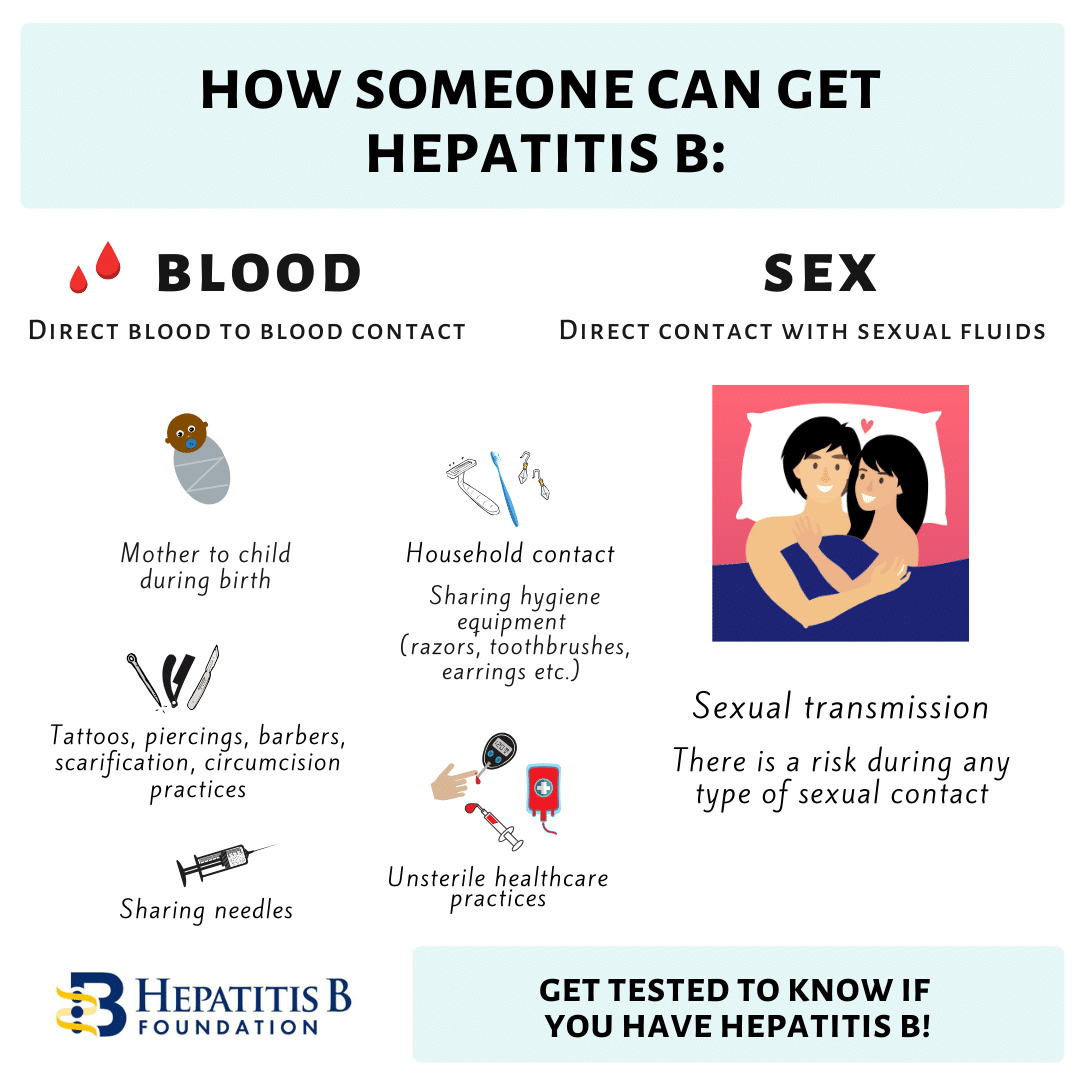How Often Do You Have A Hep B Booster
The combined hepatitis A and B vaccine provides effective and convenient dual protection for travelers and can be administered with the standard 0- 1- and 6-month 3-dose schedule and with an accelerated 0- 7- and 21-day schedule. Beginning the hepatitis B vaccine at birth will ensure protection against hepatitis B for life.

Hepatitis B Vaccination Booster Dose After 18 Years Maintains Long Term Protection Infectious Disease Advisor
Combined vaccination against hepatitis A and B.

How often do you have a hep b booster. Known or Presumed Hepatitis B Exposure. About half of patients will no longer be infectious by 7 weeks after onset of symptoms and all patients who do not remain chronically infected will be HBsAg-negative by 15 weeks after onset of symptoms 8. Immunisation is the best protection against hepatitis B infection.
Six months following the first shot you should receive your third and final shot of the series. The World Health Organization recommends all infants receive the first dose of the hepatitis B vaccine within 24 hours of birth often called the birth dose and to complete the vaccine series with additional shots at 1 month and 6 months of age. It is recommended that this course begins within 24 hours of birth with a vaccine against hepatitis B alone.
Hepatitis B Vaccination Booster Dose After 18 Years Maintains Long-Term Protection. At least four weeks between doses 1 and 2. Periodic testing orboosting is not needed.
Hepatitis A and B vaccines can be administered to travelers as part of various combination vaccines eg hepatitis AB and hepatitis Atyphoid. Travel in countries with high or intermediate endemic hepatitis A HepA-HepB Twinrix may be administered on an accelerated schedule of 3 doses at 0 7 and 2130 days followed by a. This information should berecorded in the.
Learn more about Hepatitis B and who is eligible for the vaccines publicly funded free here. The primary hepatitis B immunization series starting at birth consists of at least 3 doses of vaccine 1 monovalent at-birth dose followed by 2 monovalent or combined vaccine doses. Routine administration schedule for hepatitis B vaccine in adults The dosing schedule is 0 1 to 2 months and 4 to 6 months.
Further doses are routinely given at 2 months 4 months and 6 months as a combination vaccine. HBsAg will be detected in an infected persons blood an average of 4 weeks range. Infection with the hepatitis B virus can be prevented if you get the hepatitis B vaccine andor a shot called HBIG hepatitis B immune globulin as soon as possible after exposure to.
Administration of three or four doses on an appropriate schedule followed by anti-HBs testing 1-2 months after the third dose is. Postvaccination testing should be done 12months after the last dose of hepatitis B vaccineIf adequate anti-HBs is present 10mIUmLnothing more needs to be done. This vaccination is mandatory overseas for almost all of the above job roles.
Primary vaccination against HBV at birth may not provide adequate lifelong antibody levels but a booster vaccine at age 18 years reinforces antibody levels for at least 4. If youve been exposed to the hepatitis B virus and have not been vaccinated before you should get immediate medical advice as you may benefit from having the hepatitis B vaccine. If the postvaccination testresult is less than 10 mIUmL the vaccine seriesshould be repeated and testing done 12 monthsafter the second series.
For instance before vaccination in the UK 1 in 17 nurses caught hepatitis b from blood and in the US they estimate a nurse still dies from it every day. There is some flexibility in the schedule but be sure to keep in mind the minimum intervals between doses. The recommended schedule for the hepatitis B vaccine is to receive the first shot followed in one month by the second shot.
Refer to recommendations of the Advisory Committee on Immunization Practices ACIP Comments-Administer hepatitis B immune globulin if appropriate. Hepatitis B vaccination is recommended for adults at risk for HBV infection including persons at risk by sexual exposure and by exposure to blood. All have much higher than the national average hepatitis b infection rates due to blood spill and the possibility of wounds at work.
In general you only need the complete Hepatitis B vaccine series once in a lifetime. Hepatitis B vaccine is given as a two or three dose series depending on the age that you receive the vaccine. In some situations you may also need to have an injection of antibodies called specific hepatitis B immunoglobulin HBIG along with the hepatitis B vaccine.
Hepatitis B is a highly infectious virus that can be passed on if you come into contact with the blood or other bodily fluids of an infected person. If you have already had a course of 3 hepatitis B vaccines and need a booster or require a vaccine to complete your course use this service to. 19 weeks after exposure to the virus.
Persons found to have anti-HBs levels of B vaccination series. Use recommended doses of above on a 0 1 and 6 month schedule OR a 0 1 2 and 12 month schedule. The minimum spacing of doses is 4 weeks between doses 1 and 2 8 weeks between doses 2 and 3 and 16 weeks between doses 1 and 3 5.
HBIG should ideally be given within 48 hours but you can still have it up to a week after exposure.

Individual Immune Responses To A Challenge Dose Of Hepatitis A Or And Download Scientific Diagram

What Do I Do If I M A Hepatitis B Vaccine Non Responder Hepatitis B Foundation
Hepatitis B New Therapeutic Approach May Hel Eurekalert
Posting Komentar untuk "How Often Do You Have A Hep B Booster"